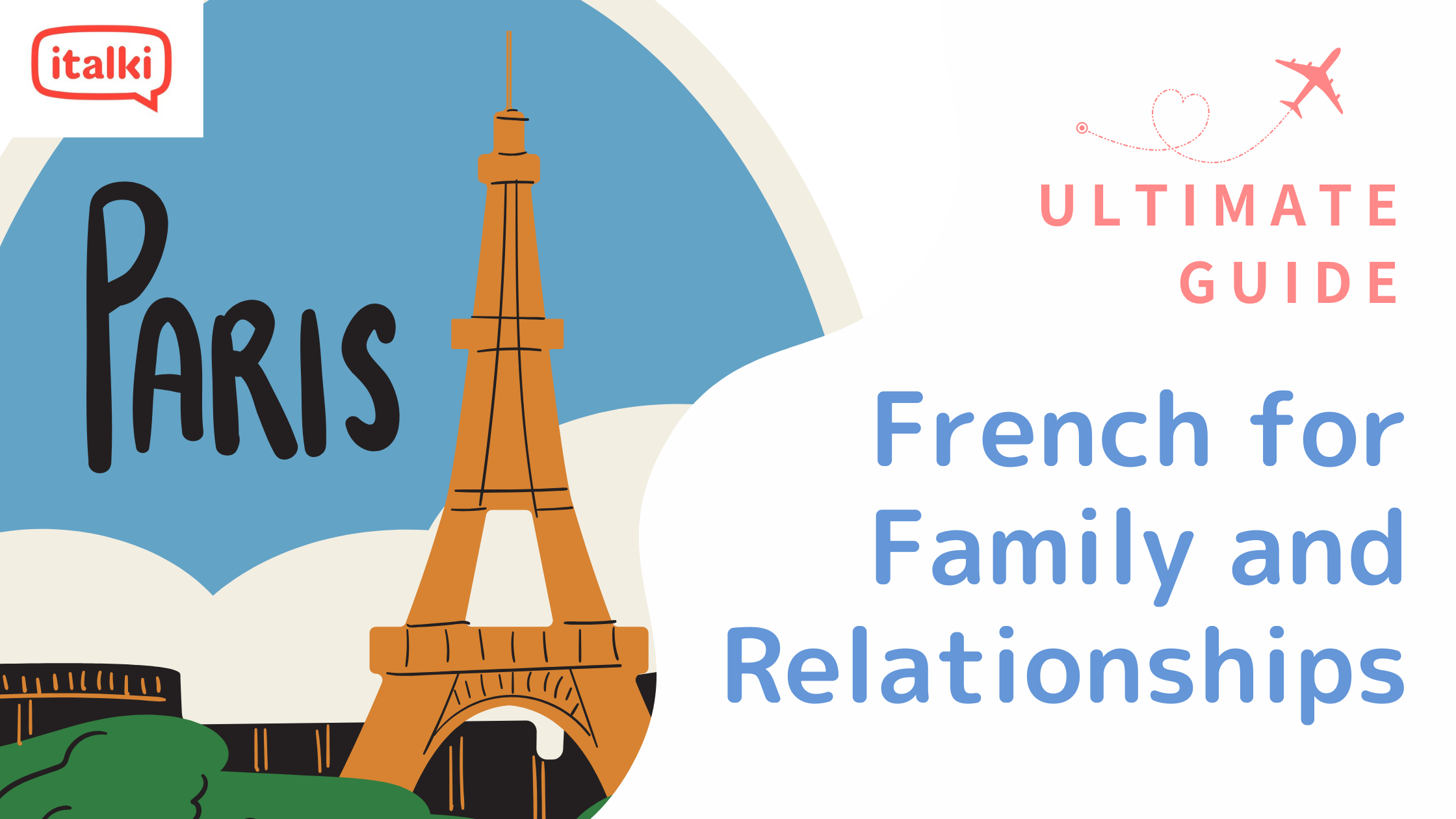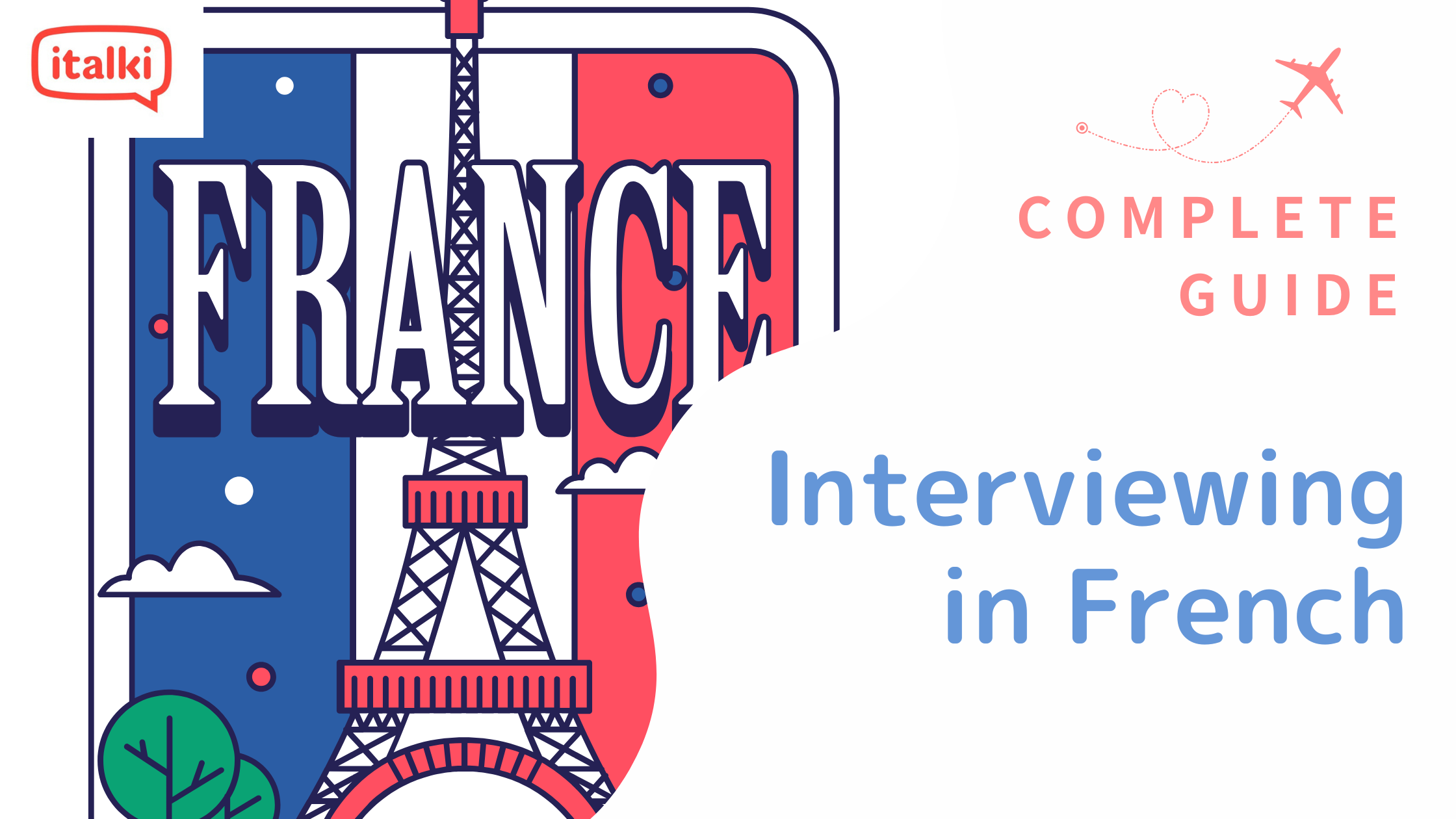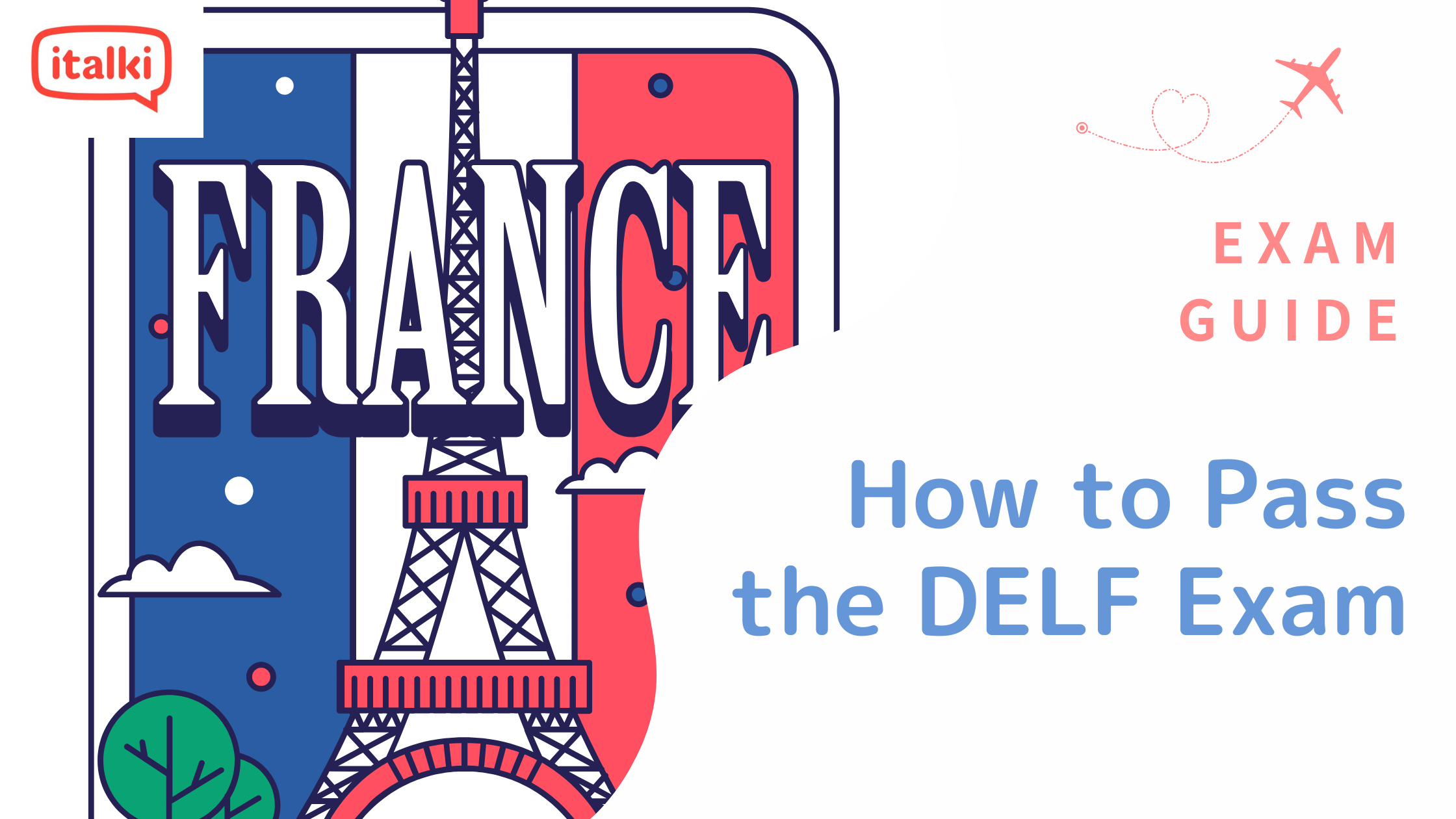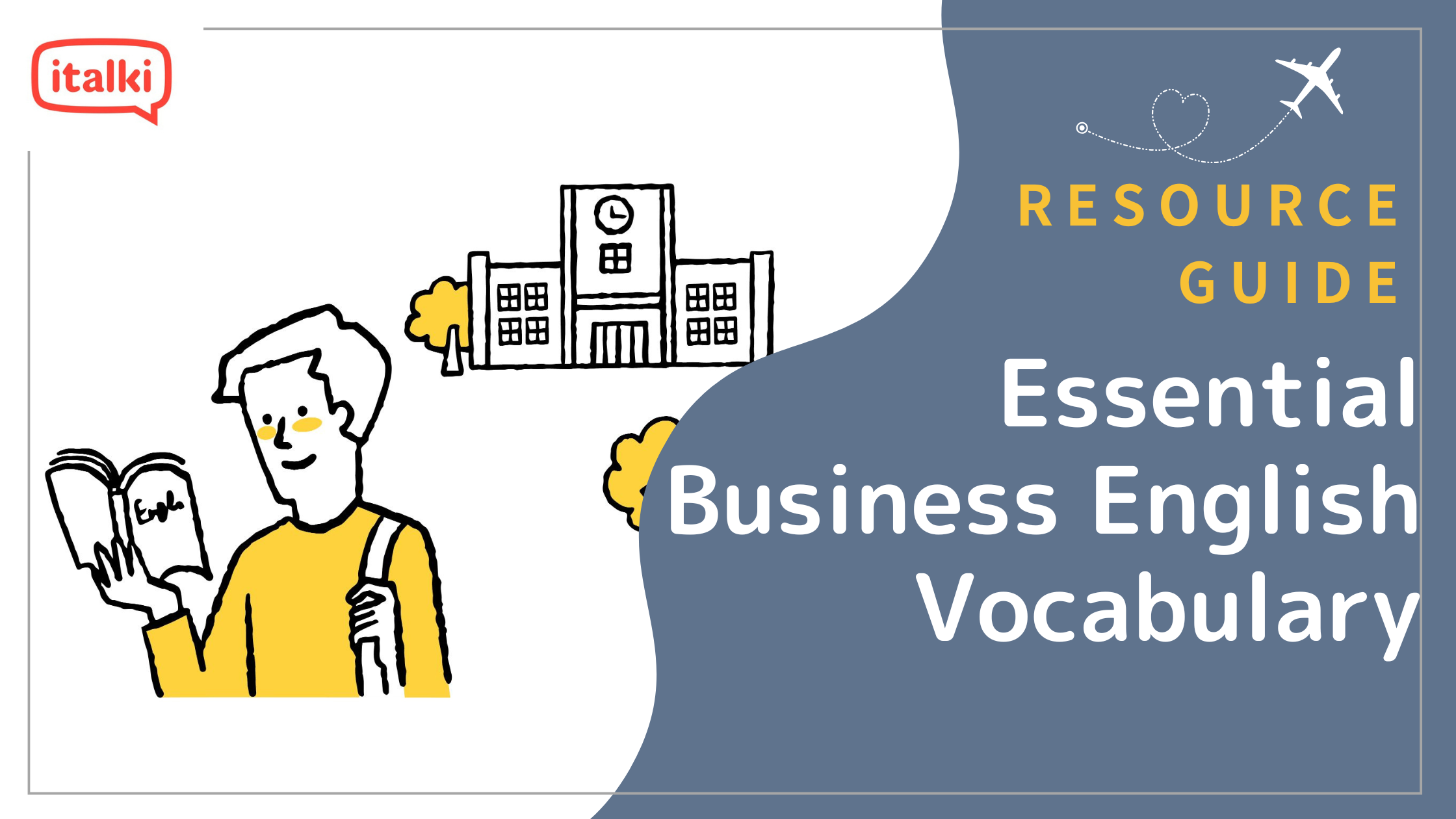One of the first expressions you learn in almost every French course is s’il vous plaît (please). But did you know there are numerous other ways to say “please” in French? It is not always necessary to say s’il vous plaît! Learning different expressions will boost your French speaking skills to a greater level.
You don’t always need to say s’il vous plait to say ‘please’ in French. Other French phrases are sometimes more appropriate in different contexts, and if you are looking for some variety, you have come to the right place.
No matter, if you are planning an immersion trip to jumpstart your learning or simply want to visit France, stick around for some key facts about saying ‘please’ in French.
How to say ‘please’ in French
There are plenty of ways to say please in French. Look at the table below to find a variety of expressions:
| French | English |
| S’il vous plait | Please (if you please, formal) |
| Je vous en prie | Go ahead |
| Comme vous voulez | As you please |
| Oui, avec plaisir | Yes, please (with pleasure) |
| S’il te plaît | Please (if you please, informal) |
S’il vous plait: Meaning and examples
The phrase s’il vous plaît translates literally to “if it pleases you.” You can use it if you want to say ‘please’ — that’s essentially what the phrase means.
But, just so you are aware of the specific contexts in which this phrase is used, s’il vous plaît is typically heard in formal contexts, as indicated by the word vous in this phrase. It’s a polite phrase used when asking someone for a favor, and you will hear it everywhere in France.
In fact, it is among the basic French words that are heard in everywhere conversations in France and other French-speaking countries.
For example:
– Bonjour, pouvez-vous me dire où se trouve le bureau de poste, s’il vous plaît? (Hello, could you tell me where the post office is, please?)
– Bon après-midi, je voudrais un billet aller-retour à Paris, s’il vous plait. (Good afternoon, I would like a round-trip ticket to Paris, please).
Difference between s’il vous plaît and s’il te plait
These two French phrases for the word “please” may appear similar, but they are used in different contexts. As we have discussed earlier, s’il vous plaît is used in formal contexts, whereas s’il te plait is used in informal contexts. When speaking with friends and family, use the latter phrase only.
When to use oui, avec Plaisir?
If someone offers you something in a friendly manner, you can respond with the French phrase oui, avec plaisir. Though it literally translates to English as ‘yes, with pleasure,’ it can also be used to say ‘yes, please’ in this context.
As an example, if you’re a guest in someone’s home and the hôte (host) offers you a cup of tea, you can say oui, avec plaisir. It is more appropriate in this context because it is used in response to a welcoming gesture rather than a more general response that requires s’il vous plait.
When to use je vous en prie?
Now, this French phrase, which can mean ‘please’ and is sometimes used in conjunction with s’il vous plait, is also used in specific contexts.
Assume someone in your office is holding a door open for you. You will probably hear them say je vous en prie while signaling you to proceed. ‘Please, you first’ or ‘please, go ahead’ are the English equivalents. It’s a polite phrase used to show respect for others in situations like these.
The word vous indicates the tu form of this phrase. This demonstrates that the phrase je vous en prie should only be used in formal contexts.

Test your language level
Are you ready to test your French skills? Whether you’re a beginner or an advanced learner, our test will help you gauge your strengths and areas for improvement. Don’t wait any longer, click now to take the test and see how well you know French.
Test Now
Useful French phrases containing please
– Un moment s’il vous plaît. One moment, please.
– Un instant, s’il vous plaît. One moment please.
– Aidez-moi, s’il vous plaît! Help me please!
– S’il vous plaît, taisez-vous! Please be quiet!
– Répétez, s’il vous plaît. Repeat please (formal or plural).
– Répète s’il te plaît. Repeat please (singular, informal).
– De l’eau, s’il vous plaît. Some water, please.
– Encore, s’il vous plaît. More, please.
– Encore un/une (depending on gender of item) s’il vous plaît. One more, please.
– Bon appétit! Please enjoy! (for meal)
– Un café, s’il vous plaît. A coffee, please.
– Un croissant, s’il vous plaît. A croissant, please.
– Une bière, s’il vous plaît. A beer, please.
– Entrez, s’il vous plaît. Please enter.
– Asseyez-vous, s’il vous plaît. Please sit.
– L’addition, s’il vous plaît. The bill, please.
Learn French at italki
Taking up a French course is a good option if you want to gain French fluency in a reasonable amount of time. If you are looking for a suitable course to learn French online, check out italki. It’s among the best language learning platforms having experienced private French teachers offering their services at a budget-friendly rate.

Find Your Perfect Teacher
At italki, you can find your French tutor from all qualified and experienced teachers. Now experience the excellent language learning journey!
Book a trial lesson
Why learn French on italki?
Choosing italki as your language learning platform comes with several advantages that make it a popular choice among learners worldwide. Here are some compelling reasons to choose italki:
Variety of Teachers: italki offers a wide selection of qualified language teachers, allowing you to choose instructors based on their teaching style, experience, and background. This ensures you find a teacher who aligns with your learning preferences. English speakers can also find French tutors for English speakers, allowing them to understand lessons clearly and participate comfortably.
Flexible Schedule: You can schedule lessons at times that are convenient for you. This flexibility is especially beneficial for learners with busy schedules or those in different time zones.
Personalized Learning: Teachers on italki tailor lessons to your specific needs, whether you’re a beginner, intermediate, or advanced learner. Lessons can focus on grammar, conversation, vocabulary, or any aspect you want to improve.

One-on-One Interaction: One-on-one lessons offer focused attention from the teacher, giving you ample opportunity to practice speaking, receive feedback, and ask questions.
Affordable Options: italki offers various pricing options, allowing you to choose teachers within your budget. You can opt for trial lessons, regular lessons, or lesson packages based on your preferences.
Convenient Virtual Classroom: italki provides a virtual classroom equipped with tools for video calls, text chat, document sharing, and a whiteboard. This platform ensures a seamless and interactive learning experience.
Global Community: Interacting with teachers from different parts of the world exposes you to various accents, dialects, and cultural insights. It’s an enriching way to experience language and culture.
French lessons near you, online: Whether you’re looking for French classes in New York, French classes Miami , or a French tutor in Montreal , italki makes it easy to find a tutor that fits your schedule and location. All lessons are fully online, allowing you to learn from the comfort of your own home, wherever you are.
Looking to find a tutor in a location near you?
Connect with a tutor from these popular timezones
Real-Life Practice: Teachers often incorporate real-life scenarios and cultural insights into lessons, enabling you to apply language skills to practical situations.
Feedback and Progress Tracking: Regular feedback from your teacher helps you identify areas for improvement and track your progress over time.
Language Exchange: Apart from booking lessons, italki offers a language exchange community where you can connect with native speakers of the language you’re learning. This exchange can provide additional practice and insights.
Quality Assurance: italki reviews and verifies teachers’ credentials and qualifications, ensuring you learn from experienced professionals.
Accessible Learning: You can access italki from your computer, tablet, or smartphone, making it convenient to learn from anywhere.
Satisfaction Guarantee: If you’re not satisfied with your first lesson, italki offers a refund of the lesson credits you used.
Frequently asked questions
Q. Can Merci be used as please?
A. Merci de is a formal way of saying please when giving a polite command. The grammatical structure is Merci de + infinitive.
Q. What does si’l vous plait mean?
A. This French expression means ‘If you please’.
Q. How do you politely ask in French?
A. Je voudrais ceci, s’il vous plaît. Using Je voudrais to ask for something is rather polite, and it’s commonly used in formal situations like restaurants, shops, etc.
Conclusion
IIf you’re just starting out, remembering the variations of “please” in French can be tricky. For now, keep in mind that “s’il vous plaît” is for formal situations, while “s’il te plaît” works for casual ones. As you practice and gain confidence, you’ll naturally pick up on which contexts require which phrase.
Many learners wonder how long it takes to learn French, and the answer depends on consistent practice and good guidance. A French tutor can speed up the process by correcting these small details, like when to use formal vs. informal language, before they become habits. They’ll also help you learn essentials like French adverbs so you can structure sentences correctly from the start.
Want to learn a language at italki?
Here are the best resources for you!



















